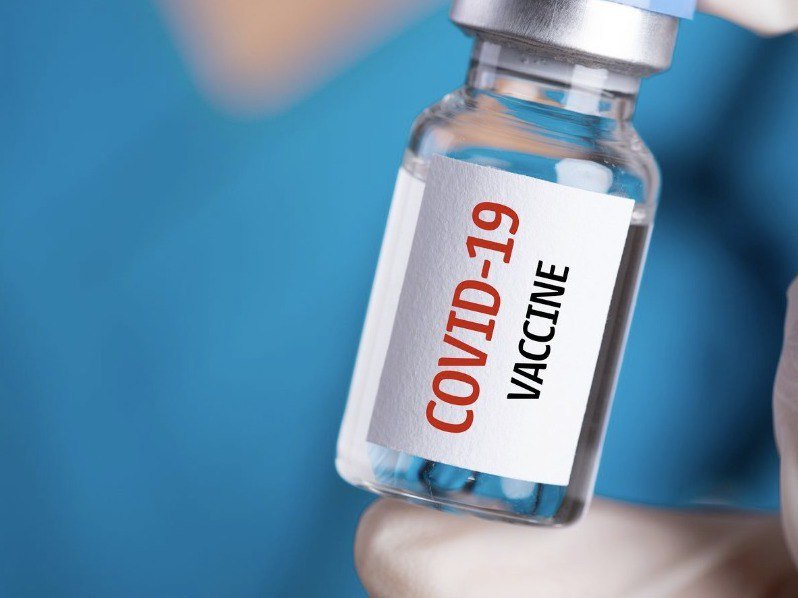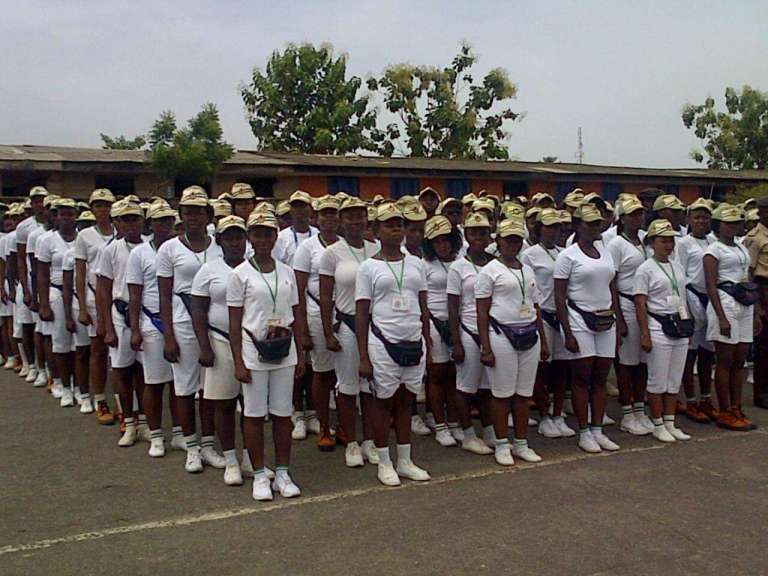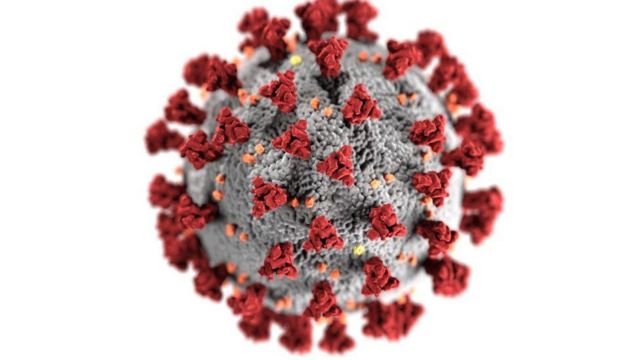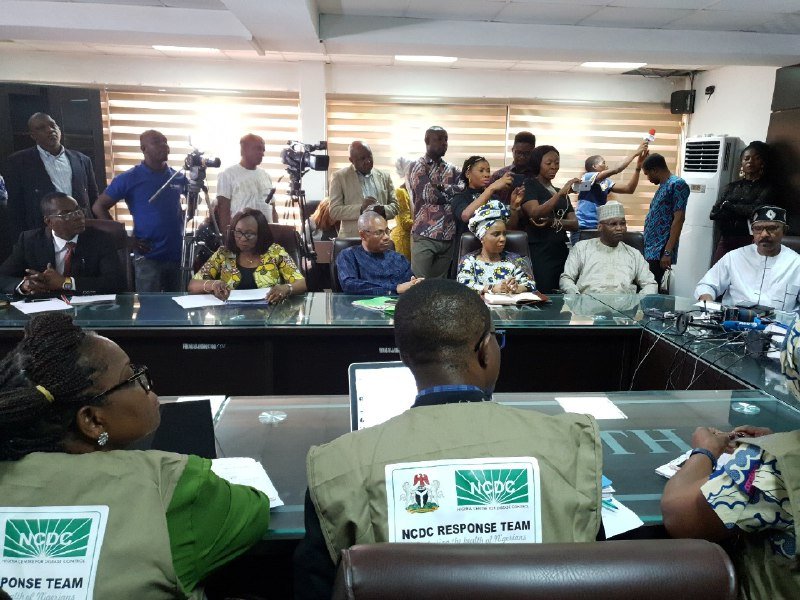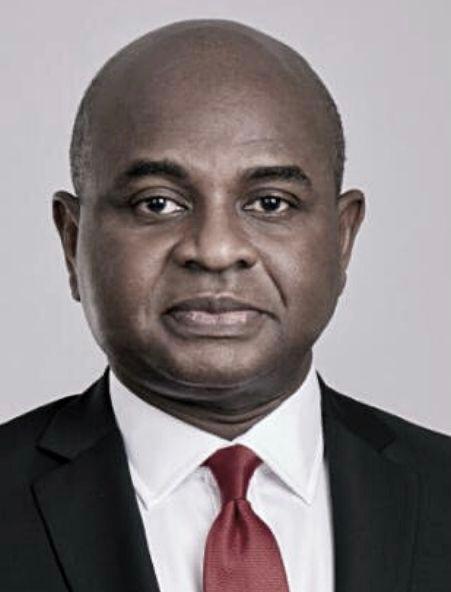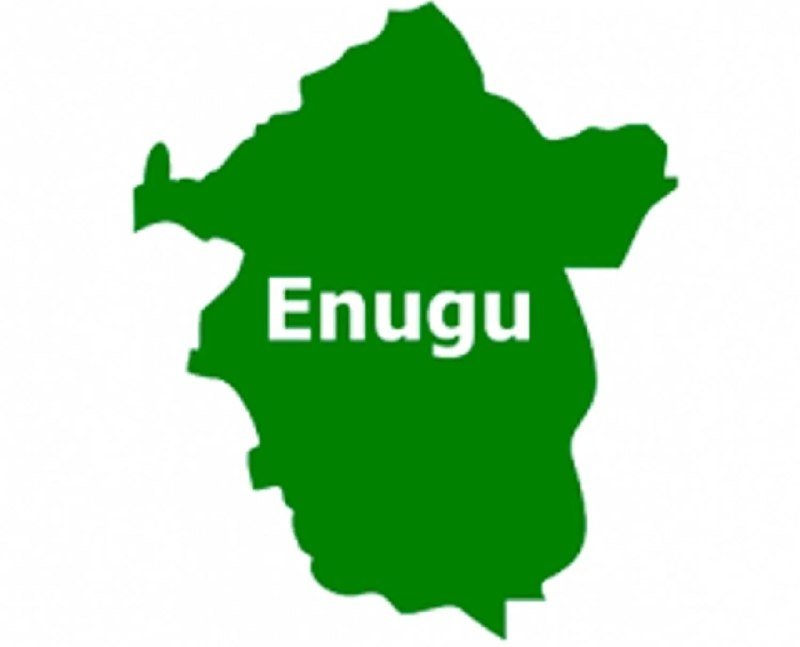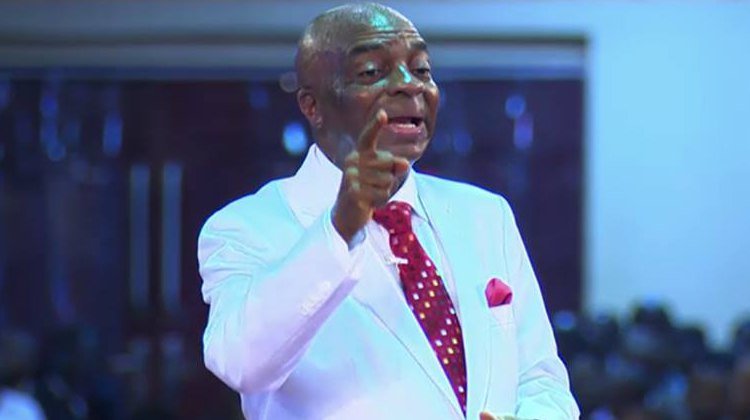Six months after the commencement of the rollout of COVID-19 vaccines, Africa has been left behind in the race for doses due to poverty and poor planning caused by decades of bad leadership. The continent, which has largely depended on foreign aid from western countries for decades and imports 95 per cent of its drugs, has been left high and dry as developed nations scamper to meet the domestic vaccine needs of their citizens before shipping doses to Africa and other developing regions.
With many African countries exhausting their doses of the Oxford-AstraZeneca vaccine, which they received for free through the COVAX facility, they are now unable to administer a second jab due to the ban on exportation of vaccines by India, which is grappling with a COVID-19 crisis on an unimaginable scale. This has undermined the progress in the fight against the pandemic. Experts describe the situation as a two-tracked pandemic, with richer countries having access and poorer ones being left behind.

The African Regional Director of the World Health Organisation, Matshidiso Moeti, explained the plight of the continent recently, saying Africa urgently needs at least 20 million doses of the Oxford-AstraZeneca vaccine in the next six weeks to get second doses to all who received a first dose within the eight- to 12-week interval between doses recommended by the WHO. She said another 200 million doses of any WHO Emergency Use Listed COVID-19 vaccine are needed so that the continent can vaccinate 10 per cent of its population by September 2021.
Indeed, Africa’s vaccine rollout has been stymied by a lack of funds and supply. Out of 1.5 billion doses administered across the world, only 28 million have been administered in Africa, meaning less than two out of every 100 jabs are given on the continent, which has the worst health system on earth. About 1.0 per cent of the Nigerian population has received first doses. Moeti said: “Any pause in our vaccination campaigns will lead to lost lives and lost hope… It is too soon to tell if Africa is on the cusp of a third wave. However, we know that cases are rising, and the clock is ticking so we urgently appeal to countries that have vaccinated their high-risk groups to speed up the dose-sharing to fully protect the most vulnerable people.”
The scramble for the vaccines and their scarcity had been envisaged nearly a year ago. Sadly, while several countries had put money into the research and production of vaccines, many African nations were relying on free donations through the COVAX facility. In Nigeria, the Federal Government made no provision for vaccine procurement in its 2021 budget proposal and has failed to submit a supplementary budget to the National Assembly to date. Last month, the Federal Government finally released N29.1billion from its service-wide vote for the procurement of 29.5 million doses of the Johnson & Johnson vaccine through the Africa Vaccine Acquisition Trust. But with the current shortage worsening, there is no clear date for delivery in sight, while 96 per cent of the first set of doses has already been administered.
Read Also: COVID-19 Vaccine : South Korea To Buy 44 Million Doses
Besides, experts argue that the proposal of the United States and other nations to waive patent rights to boost vaccine production will have no immediate benefits due to the lack of capacity of several African nations to manufacture.
Already, South Africa is witnessing a rise in infections as well as increased hospital admissions. The country now witnesses an average of 3,745 new infections daily. The Indian COVID-19 variant, which the WHO classified as a ‘variant of global concern with possible increased transmissibility’, has now been seen in Nigeria, Kenya, Zimbabwe, Morocco, Algeria, South Africa, Botswana, Angola, DR Congo, Zambia, and Uganda. And with weak health care systems and general apathy to COVID-19 guidelines, African countries may not be able to prevent an increase in infections.
A joint statement by the WHO, International Monetary Fund, the World Bank and World Trade Organisation on Tuesday, however, presents a glimmer of hope. All four multilateral organisations resolved to increase financing, boost manufacturing, and ensure the smooth flow of vaccines and raw materials across borders to drastically increase vaccine access.
Read Also: 84 Million Doses Of AstraZeneca Vaccine To Be Given To Nigeria – Osinbajo
A proposal by the IMF says an estimated $50 billion will bring the pandemic to an end faster in developing countries, reducing infections and loss of lives and accelerate the economic recovery and generate about $9 trillion in additional global output by 2025. Such partnerships between multilateral organisations are welcome but what can be done in the short term? Countries which have been able to vaccinate a sizeable number of their citizens should be magnanimous enough to donate doses to disadvantaged countries just as the US and France have done.
Developing nations receiving free doses should also upgrade storage capacity and their vaccine campaigns. Unfortunately, several African countries have had to dispose of vaccines because they had expired or were not properly stored. This is highly irresponsible given the current challenges.
In the long term, however, African countries must invest more in research and health care. In Nigeria, for instance, the National Agency for Food and Drug Administration and Control says the country lacks the capacity for drug production and in fact, it imports everything it uses for drug manufacturing except water. This is most disgraceful for a nation that prides itself as the Giant of Africa. That Africa accounts for only 3.0 per cent of all manufactured drugs worldwide is a dangerous development that must change.
Read Also: COVID-19: Kogi Finally Accepts Vaccine
The need for non-pharmaceutical interventions cannot be overemphasised. Washing hands, wearing masks, social distancing, as well as proper enforcement, remain essential in the face of a vaccine shortage.
Follow us on Facebook

